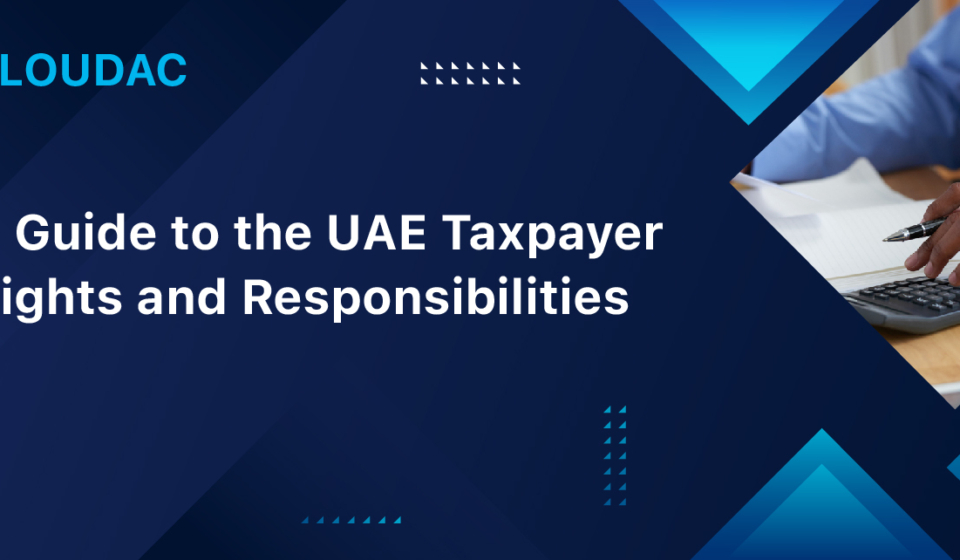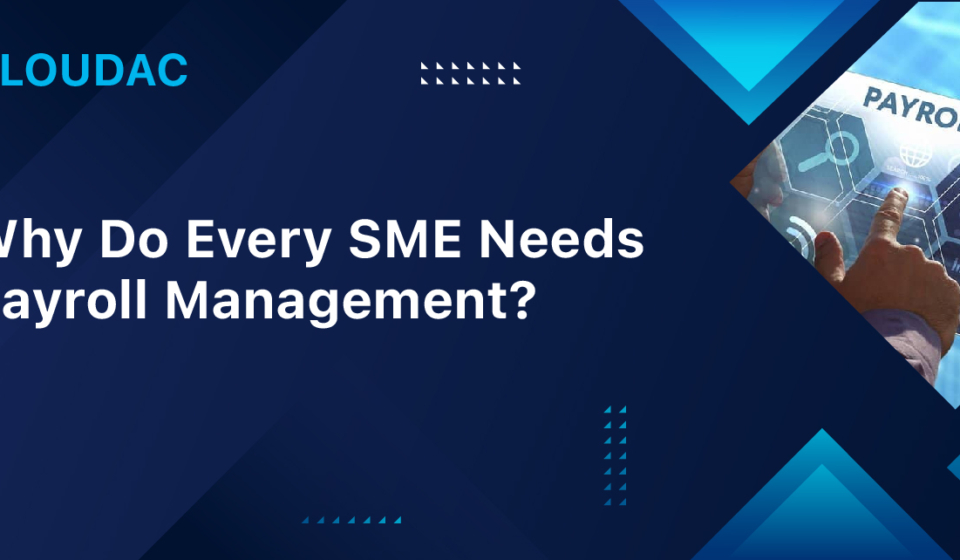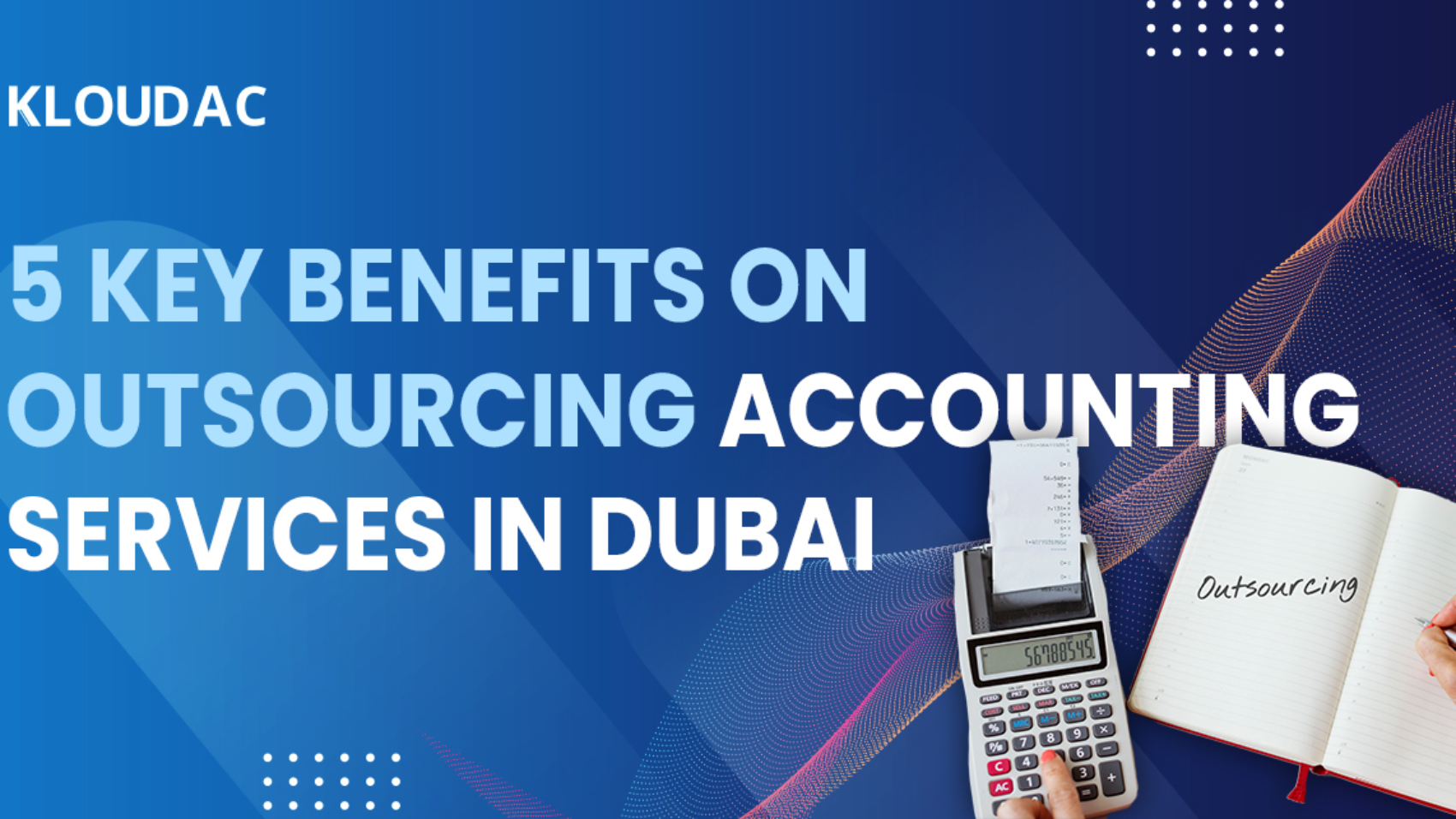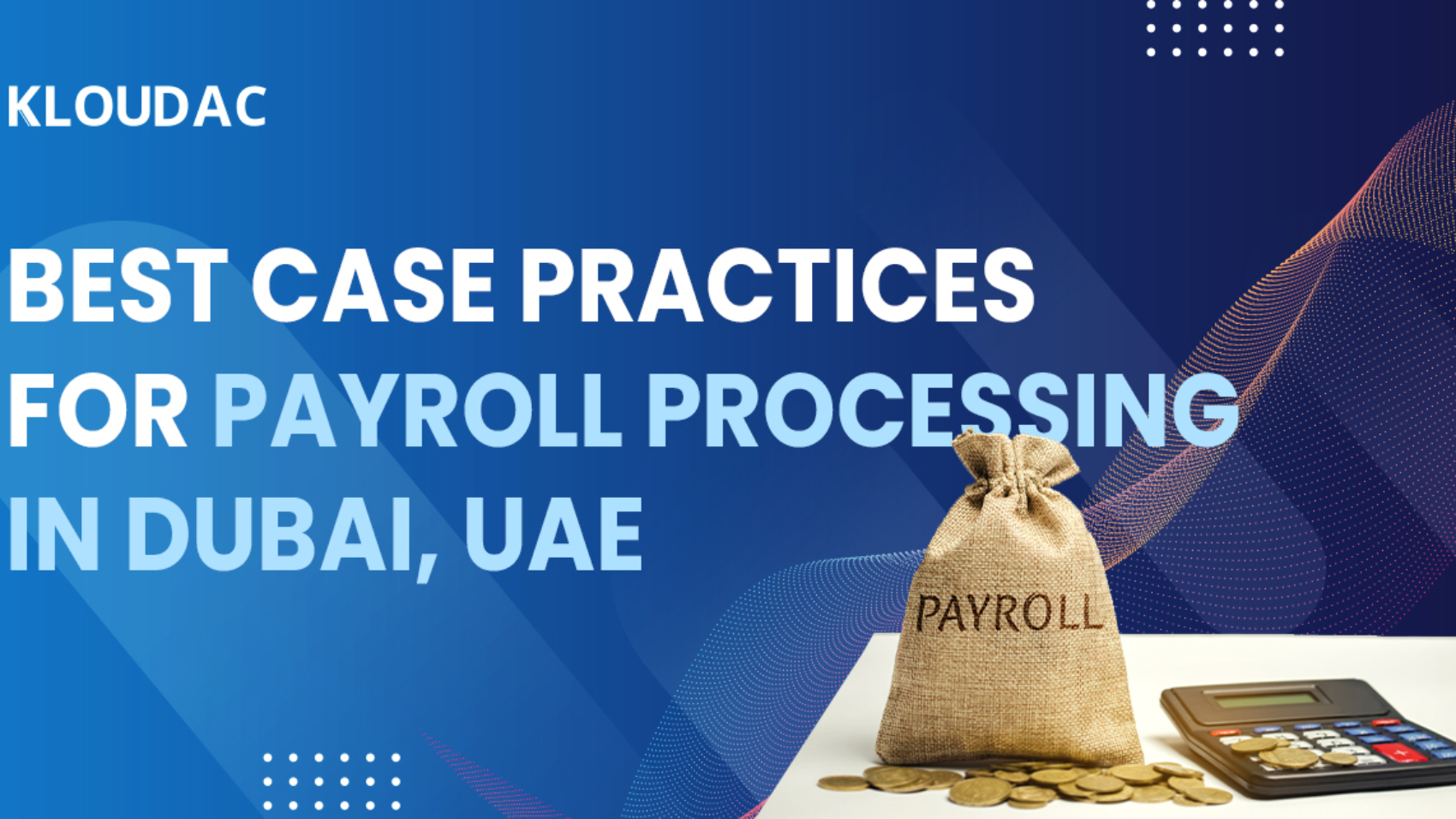What is Financial Literacy?
Understanding the financials of your company is the foundation of financial literacy. It requires solid financial education, or knowledge of financial terminologies, ideas, concepts, practices, and assertions. All of the information helps in your understanding of the financial state of your business and the variables that affect profitability.
The Importance of Financial Literacy for Small Business Owners
You should more crucially be aware of where your money is coming from and going. Being financially literate enables you to make the correct choices for your business. Whether it’s about cash flow management, creating a business plan, hiring a new employee, or anything else, you’ll have a completely different perspective once you’re financially literate. You don’t have to be a college graduate to understand or excel at financial literacy. Even if you are from a non-accounting background, learning the basics can help you make informed decisions.
Let’s dive deep into the ways of how being financially literate can help you in business.
- Managing your cash flow
Every company must have liquid assets (Cash or possessions that can be rapidly and readily converted into cash are considered liquid assets). While liquidity makes sure that businesses have enough cash to pay their bills, it can also give them a competitive edge when liquidity is limited throughout the economy.
Make sure you pay your suppliers on schedule and collect payments from your customers. This guarantees you have the appropriate amount of money on hand. You must seek out high-interest loans if you are unable to control your cash flows. The financial health and profitability of your business will be significantly impacted by these high-interest loans, but this damage can be minimized with the appropriate financial education.
- Analyzing your Financial Statements
Financially literate people can analyze their financial statements on their own. Financial statements depict the performance of the company over a period of time. They are usually made at the end of the annual year. The profit and loss statement shows the net profit or the loss of the business.
By analyzing your profit and loss statement, you can accurately calculate the amount of tax. Besides the P&L statement, evaluating your balance sheet is also important as it helps you learn about the company’s financial health. You can find out the liabilities, assets, and capital of the company through your balance sheet. What’s more, you can estimate whether you can qualify for a loan and get an idea about the business’s creditors and debtors.
- Handling taxes
Business owners have to deal with income tax, self-employment tax, and many more. If you have a thorough understanding of your tax situation, you can calculate how much you need to pay. If your tax situation is beyond your capabilities to complete, you can also hire a tax professional or accountant to handle your taxes for you.
- Make more informed decisions
For you to make crucial decisions, you need to have a grasp of the financials and what it means for you. When faced with a difficult business decision, you can confidently consider the financial implications before weighing your options and making the best choice for your business.
Ways to increase your Financial Literacy
1. Use Debt the right way
Many people think debt is bad, but that’s not necessarily true. If you look to expand your business by taking a business loan or other debt, there’s no harm in that. But if you use debt on unnecessary items, you will end up spiraling into more debt.
2. Build a habit of reading
Reading books is one of the best ways to increase your financial literacy. You will understand the business terminologies and the ways experts analyze the finances of different companies. It will help you find the right ways to manage your cash flow and prepare your taxes the right way.
3. Stay up-to-date with the new technology
One of the best ways to increase your financial literacy is by understanding new technologies. The internet is an excellent way to stay up to date about various technologies. You can also use it to learn new financial literacy skills.
4. Take advantage of Financial Education Resources
There are lots of free quality resources on the web such as videos, audios, podcasts, webinars, digital books, websites and blogs. Determine which method of learning about finance is right for you. These factors include your preferred learning style, budget, schedule, and transportation options. Once you’ve selected a method, it’s important to dedicate time in your routine to your financial education, as well as make connections with other professionals.
5. Know when to Outsource
Not every business owner can be a financial expert. If you’re struggling to take care of your business finances, consider hiring someone to help you take care of them. It’s tempting to think you’re saving money by doing it all yourself, but financial mistakes can lead to serious fees and fines. Kloudac can help you to manage your accounting and finances and to support your crucial business decisions.
KLOUDAC Accounting Firm Dubai, UAE
KLOUDAC is a recognized accounting firm in Dubai, UAE with 15 years of service experience. We have built connections with over 500 customers. It has also won the certification of Xero Payroll and the certification of Xero advisor from the world-leading online accounting software – XERO. Moreover, KLOUDAC is a golden champion partner of Xero.
Accounting and Bookkeeping are more convenient for SMEs via KLOUDAC since they provide their clients with a whole package of services such as Financial Consultancy, Business setup, Audit and assurance services, Taxation services, Recognized accounting software, and more.



















